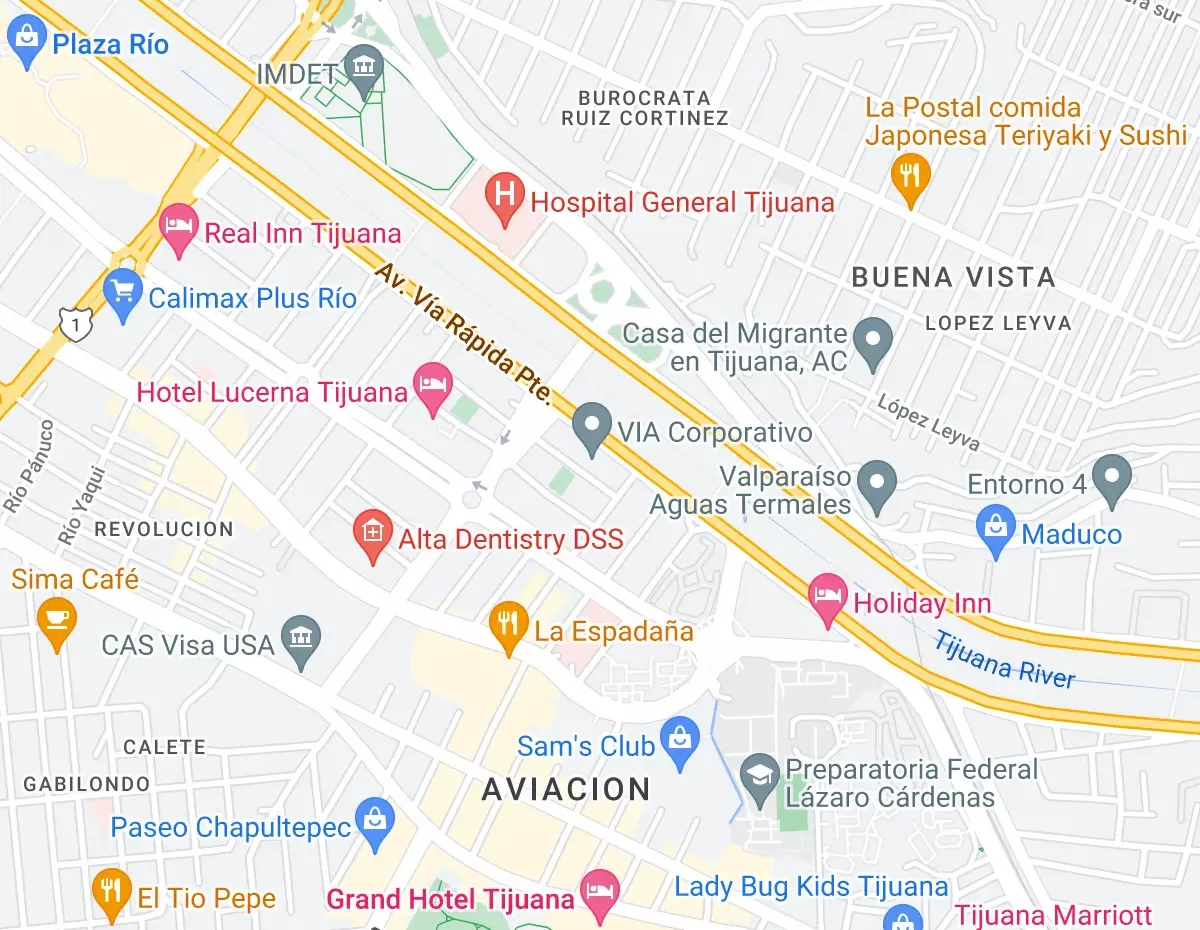Recent investigations into the effects of ibogaine on brain structure and function have revealed intriguing possibilities for its use in treating depression. Ibogaine fosters neurogenesis within the hippocampus, bolsters synaptic plasticity, and increases dendritic spine density in key mood-regulating regions of the brain. By modulating important neurotransmitter pathways such as serotonin and dopamine, ibogaine stabilizes mood and diminishes depressive-like behaviors. These findings point toward a potential shift in depression treatment modalities. However, understanding the full scope of ibogaine's impact requires a closer examination of its long-term implications and therapeutic viability.
Key Takeaways
- Ibogaine increases neurogenesis in the hippocampus, crucial for mood regulation.
- It enhances synaptic plasticity, leading to improved signal transmission and cognitive flexibility.
- Ibogaine modulates serotonin and dopamine pathways, stabilizing mood and reducing depressive symptoms.
- Clinical studies report structural brain changes, including increased dendritic spine density and synaptogenesis.
- Moderate ibogaine doses show significant improvements in mood and cognitive function in individuals with depression.
Ibogaine’s Role in Treatment for Depression
Ibogaine’s role in depression treatment is gaining attention for its unique approach and potential benefits. It helps by resetting neural pathways and fostering neuroplasticity. This can lead to a reduction in depressive symptoms and an improvement in overall mental health. The holistic nature of ibogaine therapy addresses both psychological and physiological aspects of depression.
The treatment for depression with ibogaine offers a novel alternative to traditional antidepressants. By targeting the underlying causes of depression, ibogaine can provide more sustained relief. Its ability to disrupt negative thought patterns is particularly valuable for those with chronic depression. Integrating ibogaine into comprehensive care plans can enhance its effectiveness and support long-term recovery.
Mechanisms Behind Ibogaine’s Antidepressant Effects
The mechanisms through which ibogaine treats depression involve neuroplasticity and the promotion of synaptic growth. Ibogaine's modulation of key neurotransmitters such as serotonin and dopamine plays a critical role in its therapeutic effects. Understanding these mechanisms helps explain how ibogaine alters brain structure and function in depressive disorders.
Enhancing Neuroplasticity and Synaptic Growth
Research demonstrates significant impacts on neuroplasticity and synaptic growth, revealing how ibogaine may exert antidepressant effects. Neuroplasticity, the brain's ability to reorganize by forming new neural connections, is vital for cognitive flexibility, often impaired in depressive disorders. Ibogaine promotes synaptic growth, enhancing communication between neurons, essential for maintaining cognitive flexibility.
Ibogaine influences synaptic pruning, necessary for eliminating weaker synaptic contacts and strengthening necessary ones, promoting efficient neural network function. Modulating these processes may restore the balance in neuronal networks typically disrupted in depression.
Studies using neuroimaging and histological techniques provide evidence of increased dendritic arborization and synaptogenesis following ibogaine administration. These structural changes indicate enhanced neuroplasticity and suggest long-term improvements in brain function. Ibogaine's ability to foster neuroplasticity and synaptic growth presents a promising avenue for therapeutic interventions in depressive disorders.
Modulating Neurotransmitter Systems
Modulating neurotransmitter systems is a key mechanism through which ibogaine exerts its antidepressant effects. Ibogaine interacts with multiple neurotransmitter receptors, including serotonin, dopamine, and NMDA receptors. This multi-receptor engagement is vital in understanding its pharmacodynamics. For instance, ibogaine’s binding affinity to the serotonin transporter (SERT) enhances synaptic serotonin levels, essential for mood regulation and alleviating depressive symptoms.
Ibogaine impacts dopamine pathways by antagonizing NMDA receptors and modulating dopaminergic transmission. This interaction reduces dopamine reuptake and increases synaptic dopamine, contributing to its mood-enhancing properties. Additionally, ibogaine's influence on the kappa-opioid receptor may play a role in its anti-addictive and mood-stabilizing effects.
Ibogaine’s metabolite, noribogaine, inhibits monoamine oxidase (MAO) enzymes, which degrade neurotransmitters like serotonin and dopamine. This inhibition prolongs the action of these neurotransmitters in the synaptic cleft, further enhancing their antidepressant effects. These mechanisms highlight ibogaine’s potential in modulating neurotransmitter systems to combat depression effectively.
Enhancing Brain Connectivity and Growth
Ibogaine administration enhances neuroplasticity, offering therapeutic benefits for depression. Ibogaine increases synaptic connectivity and stimulates neuronal growth, critical for the brain's ability to adapt and reorganize. These effects suggest that ibogaine may facilitate the repair of neural circuits disrupted by depressive disorders.
Increasing Synaptic Connectivity
Ibogaine significantly enhances synaptic connectivity, promoting neuroplasticity in individuals with depression. Research involving animal behavior shows ibogaine's impact on synaptic connectivity is significant and rapid, often observable within a short treatment duration. This heightened connectivity underpins the drug’s efficacy in alleviating depressive symptoms by fostering more robust and adaptable neural networks.
Ibogaine enhances synaptic connectivity through several key processes:
- Synaptogenesis: Promoting the formation of new synapses, enhancing the brain's capacity to form new neural connections.
- Dendritic Spine Density: Increasing dendritic spine density, contributing to improved signal transmission and cognitive function.
- Neurotransmitter Release: Enhancing synaptic connectivity partly due to increased release of key neurotransmitters, such as serotonin and dopamine, which play essential roles in mood regulation.
- Receptor Sensitivity: Modifying receptor sensitivity, making synaptic transmission more efficient and responsive to neural activity.
Stimulating Neuronal Growth
Ibogaine stimulates neuronal growth, further promoting neuroplasticity in individuals with depression. Research indicates ibogaine facilitates cell regeneration within critical brain regions, such as the hippocampus and prefrontal cortex, often compromised in depressive disorders. These regions are pivotal for cognitive function, emotional regulation, and mood stabilization.
Ibogaine stimulates neuronal growth by upregulating neurotrophic factors, such as Brain-Derived Neurotrophic Factor (BDNF), essential for the survival, growth, and maintenance of neurons. Enhanced levels of BDNF foster an environment conducive to regenerating damaged cells and forming new neural connections. This cellular recovery process can significantly alleviate depressive symptoms by restoring the brain's natural ability to adapt and reorganize in response to stress and environmental changes.
The neuroplasticity enhancement from ibogaine administration contributes to sustained mood stabilization, offering a potential long-term therapeutic benefit for individuals suffering from chronic depression. These findings underscore the promise of ibogaine as a multifaceted treatment option, addressing both the structural and functional deficits associated with depressive disorders.
Regulating Neurotransmitters in Depression
Ibogaine significantly modulates the activity of key neurotransmitters involved in depression. This modulation provides a unique mechanism distinct from traditional therapies, often relying on selective serotonin reuptake inhibitors (SSRIs) or other pharmacological interventions. Ibogaine, derived from the Tabernanthe iboga plant and used historically in African spiritual practices, underscores its potential as a novel treatment modality.
Studies indicate that ibogaine influences several neurotransmitter systems:
- Serotonin: Ibogaine increases serotonin levels, crucial for mood regulation and often targeted by conventional antidepressants.
- Dopamine: The compound modulates dopamine levels, potentially ameliorating anhedonia, a common symptom of depression characterized by the inability to feel pleasure.
- Glutamate: By affecting glutamate receptors, ibogaine aids in neuroplasticity, aiding in the recovery of normal brain function.
- Norepinephrine: Regulation of norepinephrine by ibogaine can influence alertness and energy levels, often impaired in depressive states.
Transform Your Mental Health Today Experience the transformative power of ibogaine therapy at New Roots Ibogaine. Our expert team provides safe and effective treatments for depression and substance use disorders. Start Your Journey
Impact on Neural Pathways in Depression
Ibogaine affects neurotransmitter regulation and influences neural pathways implicated in depression. Ibogaine’s influence on neurogenesis pathways is remarkable, promoting the growth and development of new neurons in the hippocampus, a region often compromised in depressive disorders. This neurogenic effect contributes to the restoration of neural circuitries dysfunctional in depression, improving mood and cognitive function.
Ibogaine modulates the brain’s reward system by acting on dopaminergic pathways, recalibrating the neural circuitries involved in motivation and pleasure, typically impaired in depressive states. Additionally, ibogaine’s interaction with the glutamatergic system, specifically through NMDA receptor antagonism, may help restore excitatory-inhibitory balance in the brain, aiding in the normalization of mood and cognitive processes.
These effects on neurogenesis pathways and neural circuitries underscore ibogaine’s potential as a therapeutic agent for depression. By targeting multiple neural substrates, ibogaine offers a holistic approach to ameliorating the complex neural dysfunctions associated with depressive disorders.
Preclinical Studies on Ibogaine for Depression
Preclinical studies demonstrate that ibogaine induces significant alterations in brain structure and function relevant to depressive disorders. These investigations primarily utilize animal models to explore ibogaine’s therapeutic effects and underlying mechanisms. Behavioral assessments in these models provide compelling evidence for ibogaine’s antidepressant properties.
Key findings from these studies include:
- Neurogenesis: Ibogaine promotes the growth of new neurons, particularly in brain regions implicated in mood regulation, such as the hippocampus.
- Neuroplasticity: Enhanced synaptic plasticity and dendritic spine density observed following ibogaine administration suggest improved neural connectivity and resilience.
- Neurotransmitter Modulation: Ibogaine modulates key neurotransmitter systems, including serotonin and dopamine pathways, critical for mood stabilization and emotional regulation.
- Behavioral Improvements: Animal models subjected to behavioral assessments, such as the forced swim test and sucrose preference test, exhibit reduced depressive-like behaviors post-ibogaine treatment, indicating its potential efficacy in mitigating depressive symptoms.
These preclinical findings underscore ibogaine’s promise as a candidate for further investigation in depressive disorders. Observed changes in brain structure and function suggest a multifaceted mechanism of action that warrants in-depth exploration in subsequent clinical studies.
New Roots Ibogaine For A Better Mental Health
New Roots Ibogaine leads the way in providing safe and effective ibogaine treatment for mental health conditions. Their comprehensive approach includes medical supervision, psychological support, and post-treatment integration, ensuring a holistic and supportive environment for patients. New Roots Ibogaine aims to help individuals achieve lasting mental health improvements and recovery from addiction by leveraging ibogaine's therapeutic potential. Their commitment to safety and efficacy makes them a trusted partner for those seeking alternative mental health treatments.
Conclusion
Ibogaine shows significant potential in treating depression by promoting neurogenesis, improving synaptic plasticity, and regulating key neurotransmitter pathways. These quantifiable impacts on brain structure and function indicate a possible shift in depression therapy. However, additional research is necessary to fully understand ibogaine's long-term implications and therapeutic effectiveness. New discoveries could profoundly transform the landscape of depression treatment.




